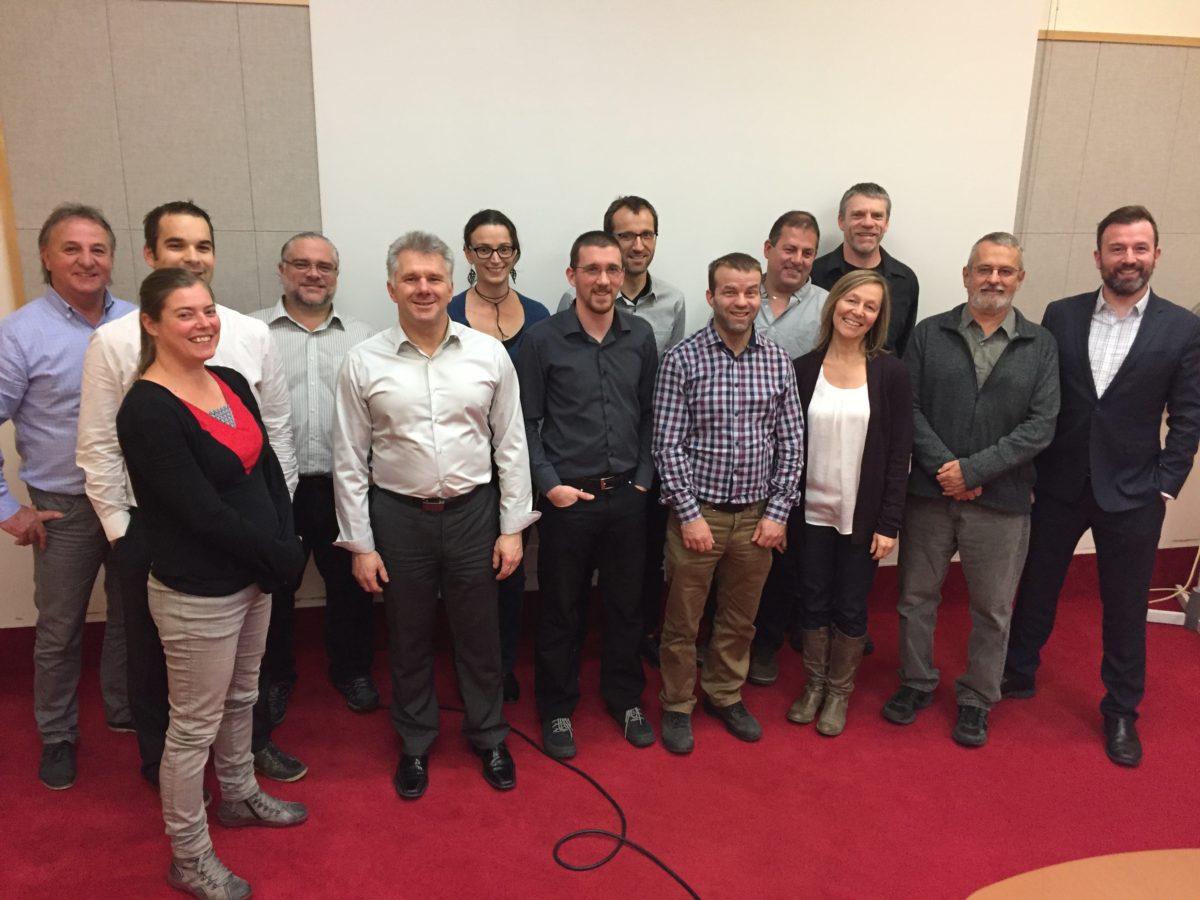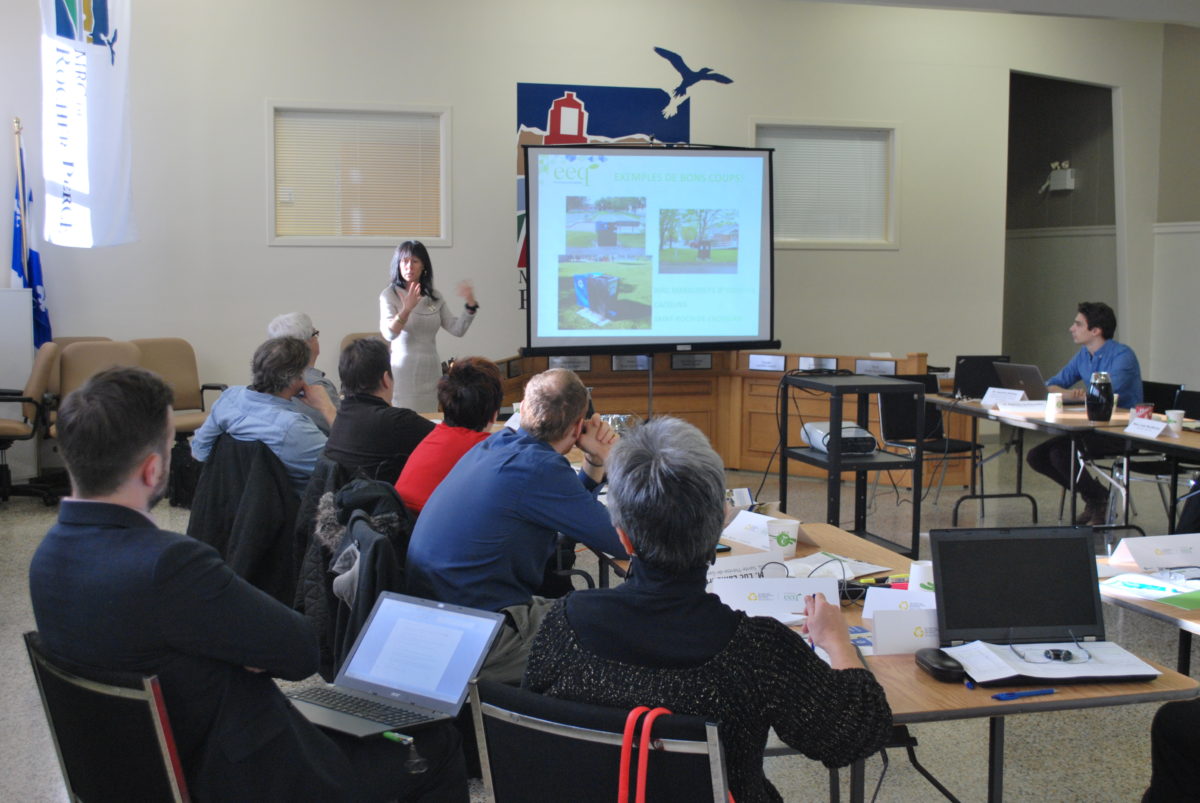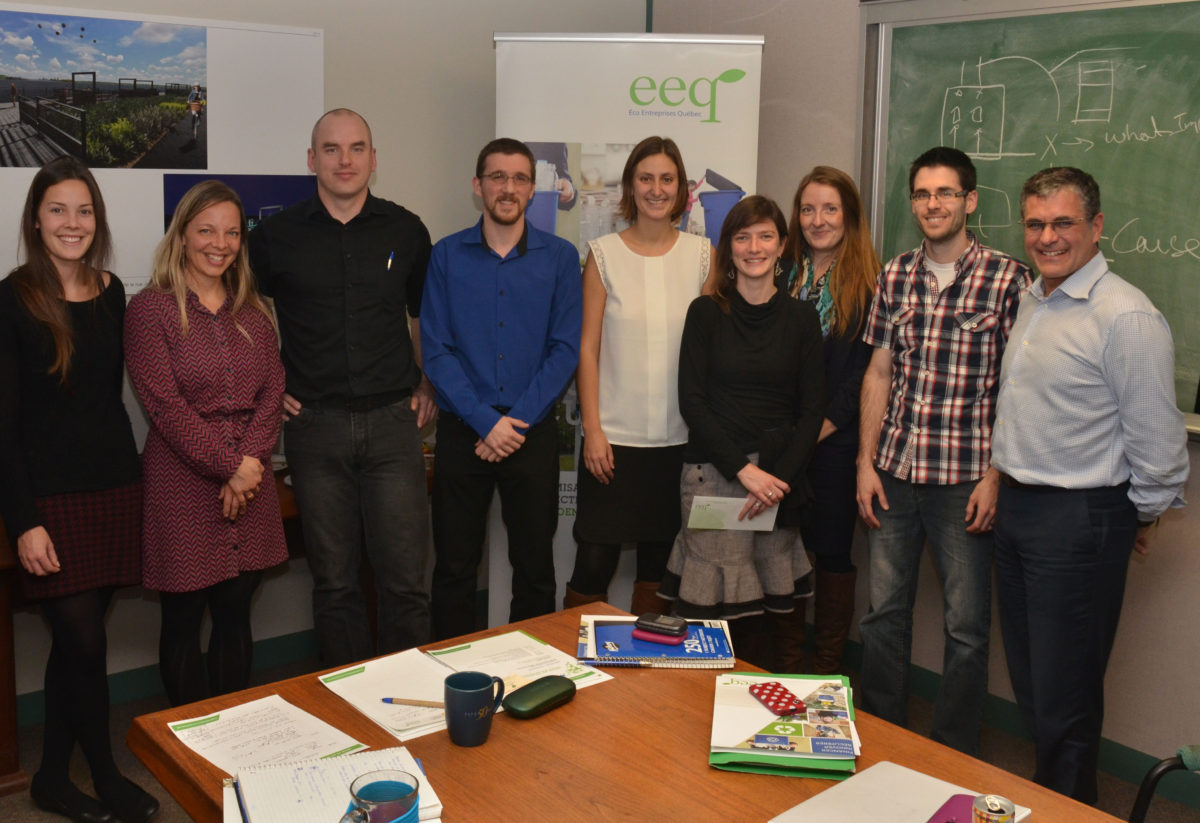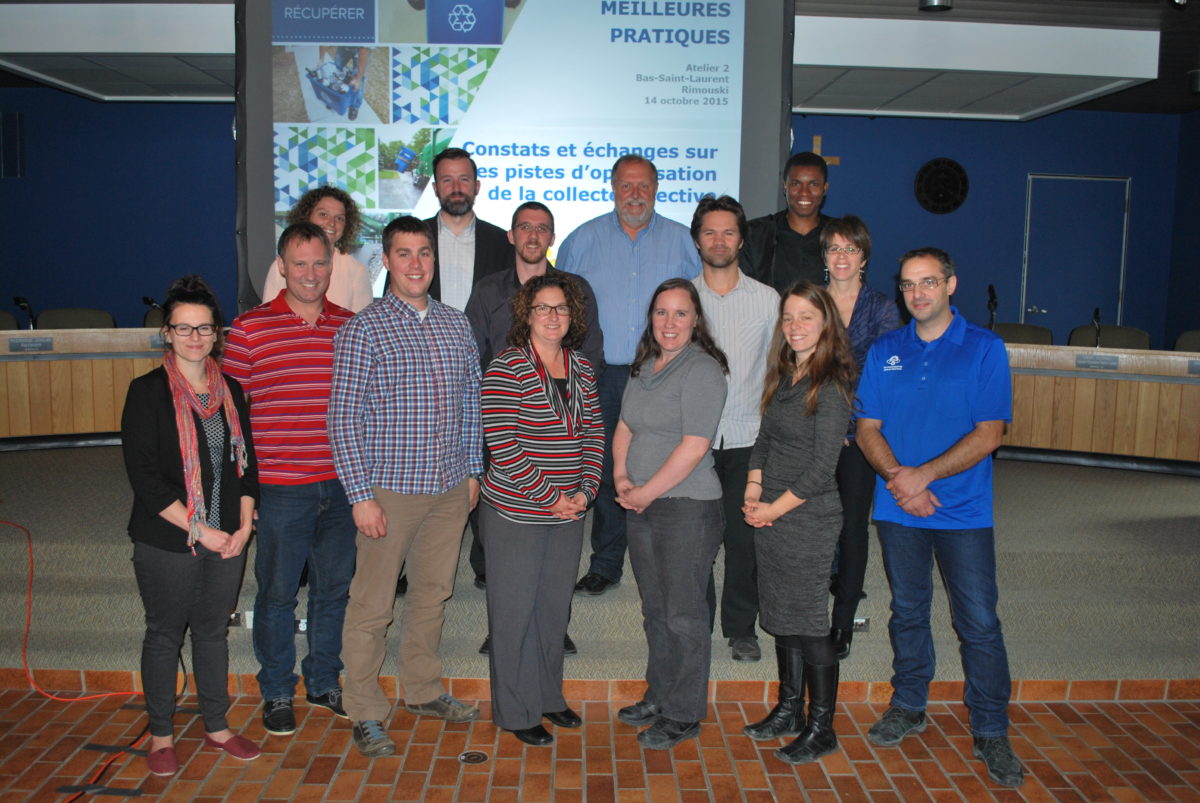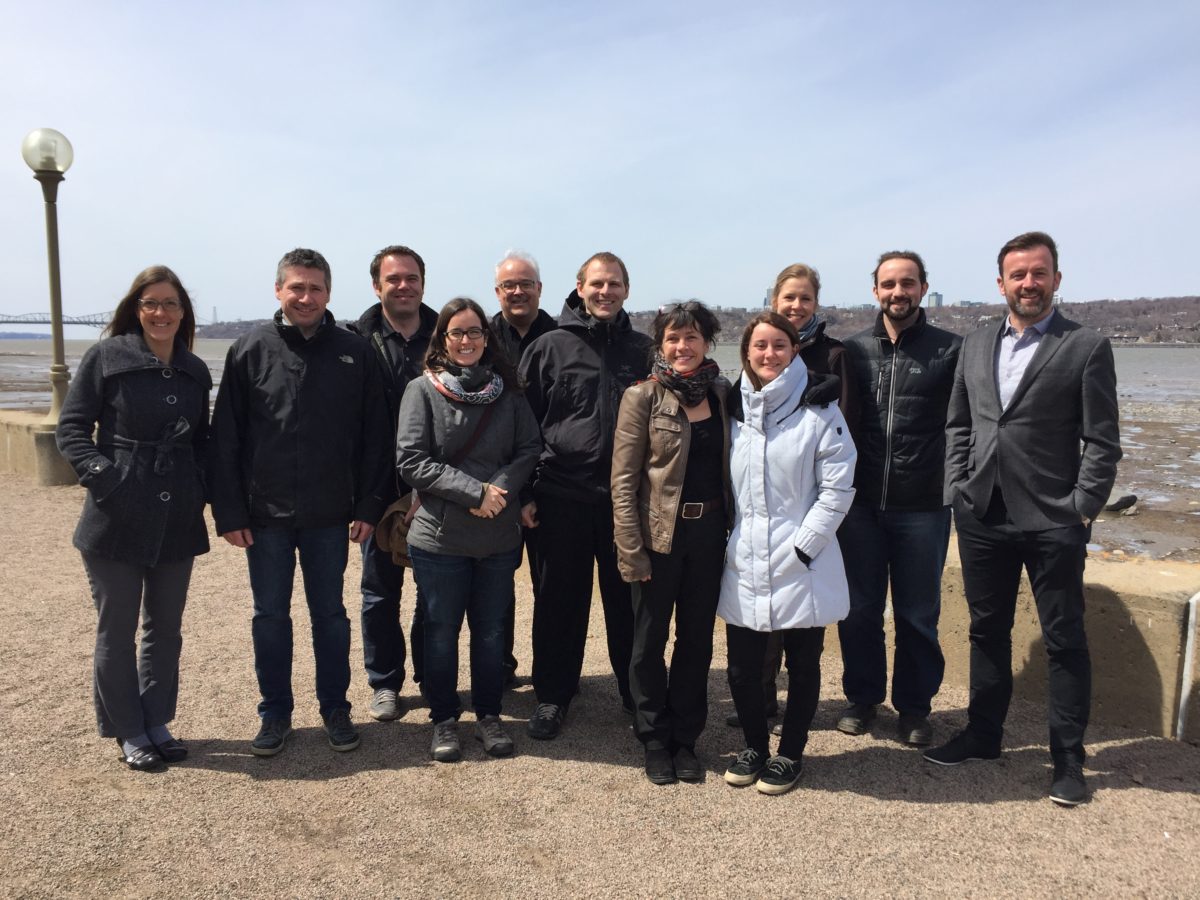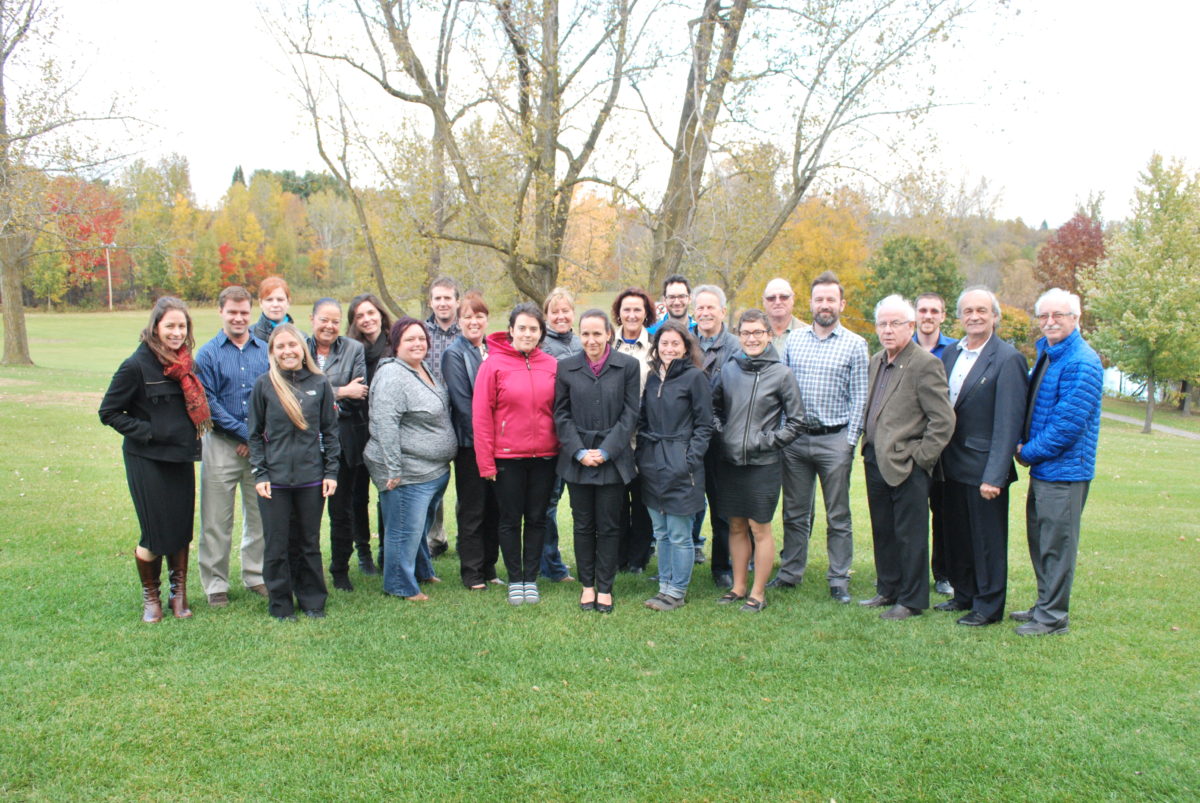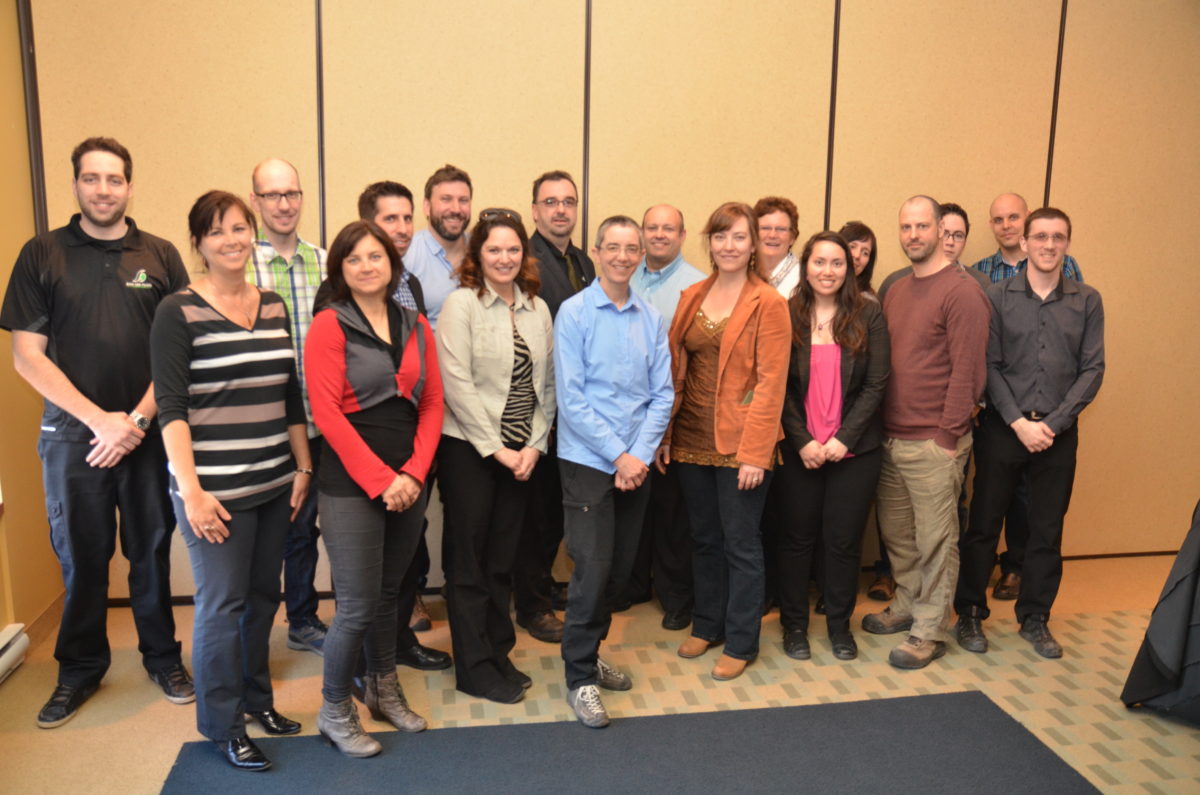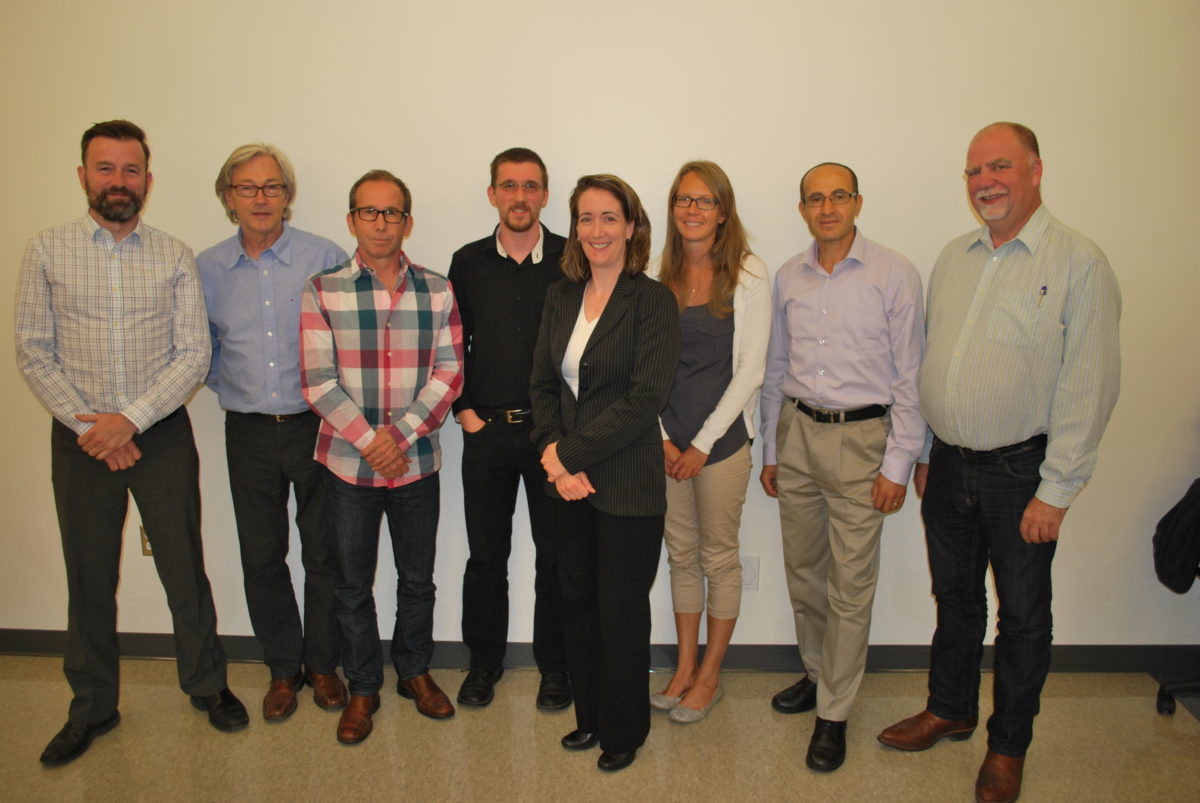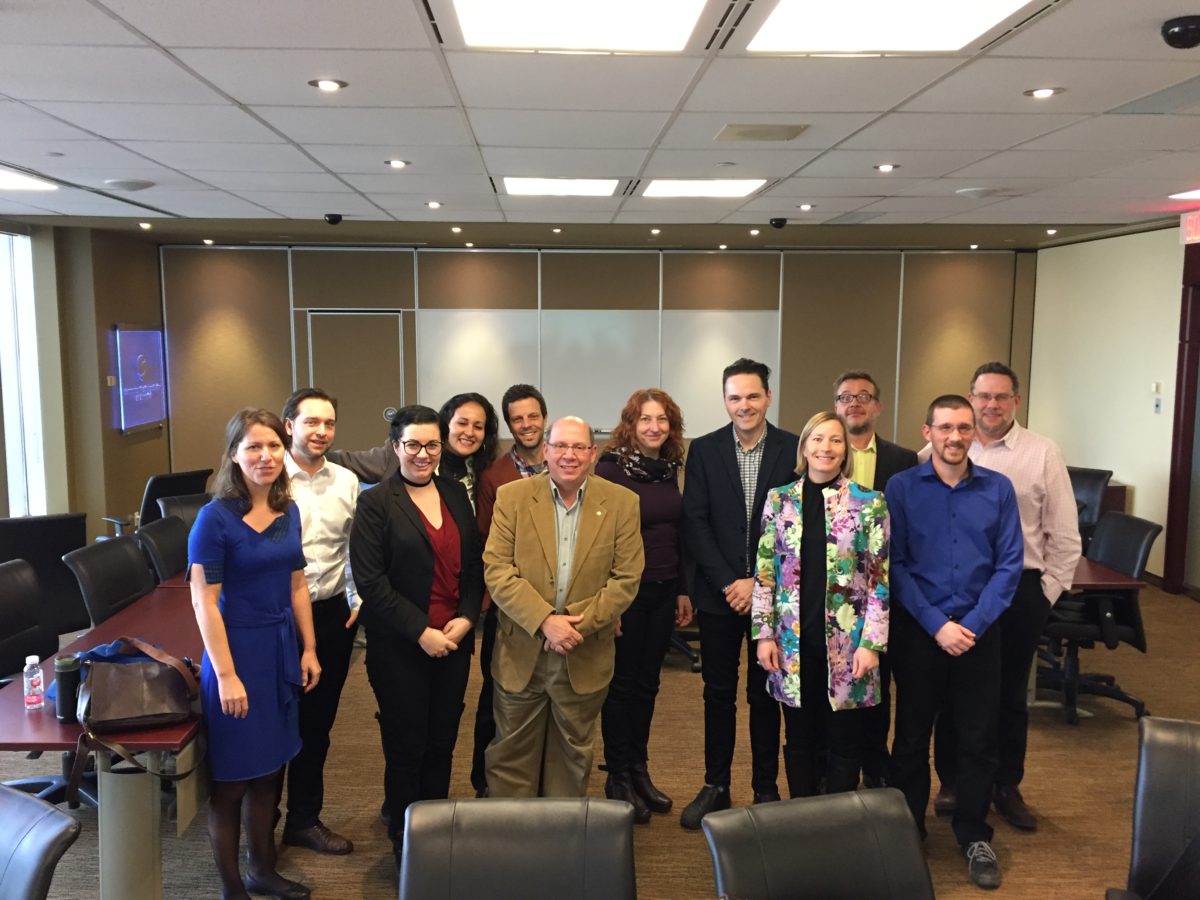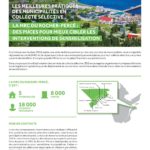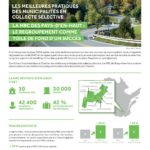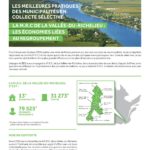Best Practices Initiative for effective curbside recycling

The Best Practices approach aims to stimulate exchanges and create collaboration with municipalities across Quebec on best practices of curbside recycling. ÉEQ wants to help make curbside recycling more efficient and effective. To do so, we consider the issues and realities that are specific to each region.
In the past 20 years, curbside recycling has made great strides in Quebec. Over 99% of citizens are now served by curbside recycling services and can therefore give new life to their containers, packaging and printed matter just by placing them in their recycling bins. The efficiency and ease of use of today’s system is largely due to the fact that municipalities, ÉEQ and other sector stakeholders are working together to develop and strengthen the circular economy of recyclables at every stage in the system.
As part of the Best Practices initiative, the ÉEQ team travels across Quebec to lead workshops and create opportunities for discussion between municipalities in a same region. The collaborative approach aims to initiate a conversation on the challenges faced by municipalities and share successes for everyone’s benefit. Our workshops are aimed at municipal waste managers and general managers.
The Best Practices initiative is an opportunity to bring stakeholders together in order to encourage citizens to better recover more materials, make each stage in the system more efficient and effective, implement quality standards and diversify the uses of recycled materials.
Our multidisciplinary team includes technical experts, as well as communications and municipal management specialists.
Spinoffs of the initiative to date:
- Municipalities have gained a better understanding of the levers available to optimize compensation with regard to the municipal curbside recycling services compensation plan financed by ÉEQ and the sums from the elimination fee.
- The initiative helped link an organization seeking to build a transhipment station and another that was already operating one.
- The workshops brought together two major municipal organizations from a same region that have since initiated a collaboration.
- More municipalities took part in the Away-from-Home Recovery program to obtain financing to acquire recovery equipment for public spaces.
- An RCM reported savings of 24% after applying the recommendations formulated during a workshop.
- A city attracted new collection companies through broader specifications.
- An RCM enabled a local company to submit a bid (and be awarded the contract) for recyclable materials collection and transport by better setting out the contract terms, as recommended by the initiative, and saved money.
Based on the information gained through the best practices in municipal curbside recycling workshops held across Québec, ÉEQ will release a series of factsheets for municipalities. The factsheets will be produced in collaboration with an expert committee led by ÉEQ and stem from the discussions held as part of the Best Practices initiative.
Based on the information gained through the best practices in municipal curbside recycling workshops held across Quebec, ÉEQ will release a series of factsheets for municipalities. The factsheets will be produced in collaboration with an expert committee led by ÉEQ and stem from the discussions held as part of the Best Practices initiative. The committee is made up of some 12 representatives (waste managers and recycling industry entrepreneurs and consultants) from municipalities of all sizes across Quebec.
A total of 12 themes are explored to determine effective avenues to reduce costs per tonne, enhance the quality of the materials that are recovered, provide better services to citizens and increase recovery rates.
Consult our information sheet on best practices in curbside recycling: collection days
More and more municipal organizations have implemented best curbside recycling practices leading to greater financial and operational efficiency.
Here are a few shining examples:
